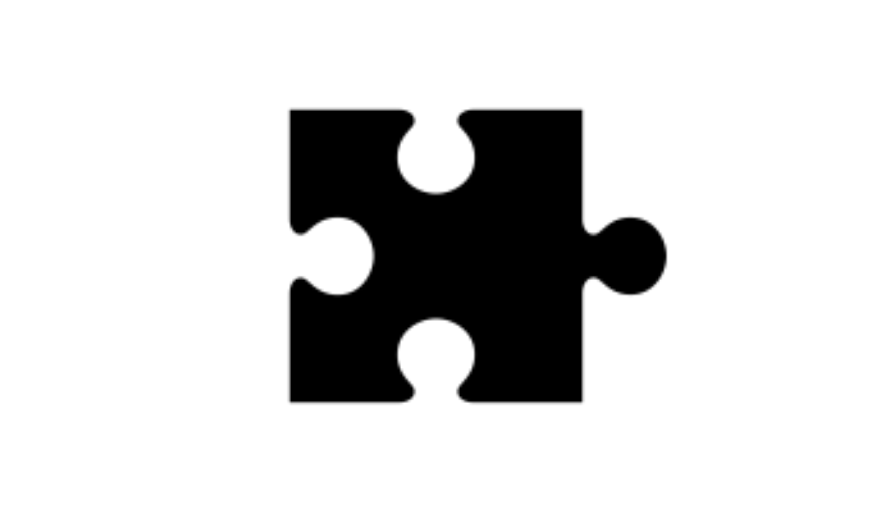Avoid leveraging tools or systems from other subjects that operate in a completely different environment and contribute them to talent problems.
A simple google search or LinkedIn browse will provide plenty of examples where articles will compare theories and principles from other subjects to conversations of talent management. This is a very slippery slope and puts things out of context. In my opinion, that is exactly why our “HR Systems” are fractured and no longer fit in our current ecosystem.
Astronomy: Adolph Quetelet leveraged the Method of Averages, an astronomer’s tool, to measure people. Francis Galton built on this idea, and then Fredrich Taylor brought it all together with his creation of the Scientific Method. The underlining philosophies of the Scientific Method are pervasive within the domain of people management and selection. .
The method of averages eliminates the value of the individual and this is counterproductive because the idiosyncratic features of the individual are what really matters. It is what makes the talents of each person special and unique. In other words, the ways individuals leverage and use their talents matter. The method of averages eliminates this or at least attempts to reduce its value.
The hallmark of Taylors Scientific Method is “System First, People Second”. We need a talent management philosophy that is “People First, System Second”.
Metaphors, analogies, and gathering insights from other domains and subjects, even leveraging their tools or systems can of course be an advantage in developing wisdom within a certain subject. However, the other domains or subjects that we borrow from require a commonality of elements. How a chess master develops intuition in what move to make is vastly different than how a hiring manager would develop intuition in who to hire. Both decisions require an evaluation of external elements, of the context of the situation, and elements that are unknown. However, a chess master is operating in a kind learning environment, while a hiring manager is operating in a wicked learning environment. This differentiation of environments matters to a great extent and limits the value of comparison.
For us to create and develop a modern talent strategy, we need to be creative and borrow wisdom from all areas. It also requires us to be thoughtful and reflective in the congruence of the wisdom between subjects. This cannot be overlooked, because the fractured talent system we have today is a direct reflection of that mistake 100 years ago. If we continue to make the same mistake we will simply develop on top of our fractured system or develop a new fragile one.




